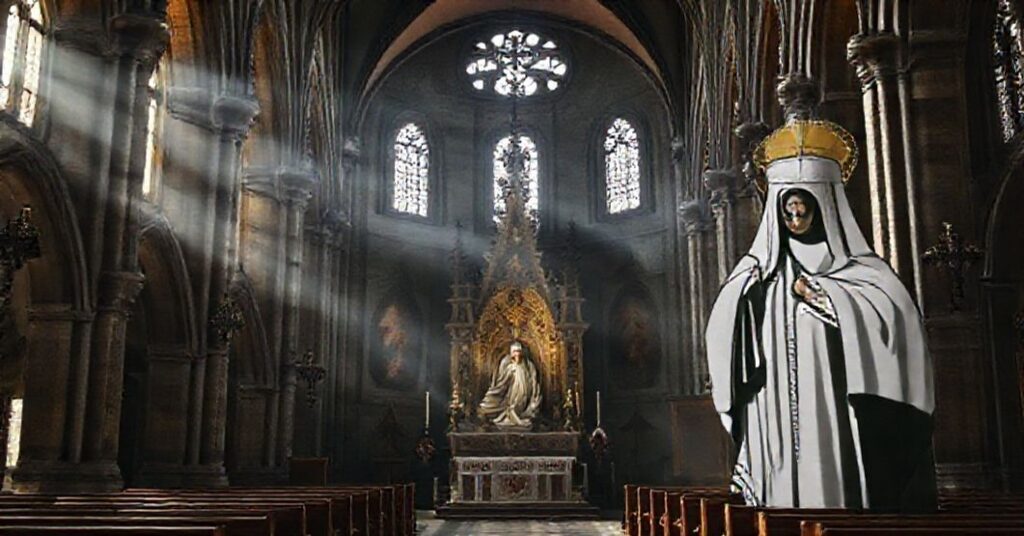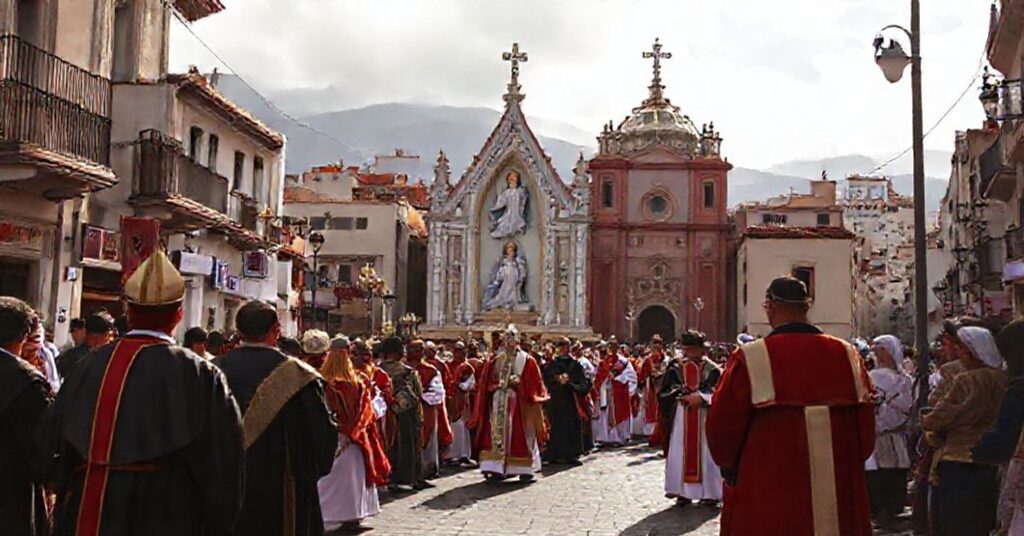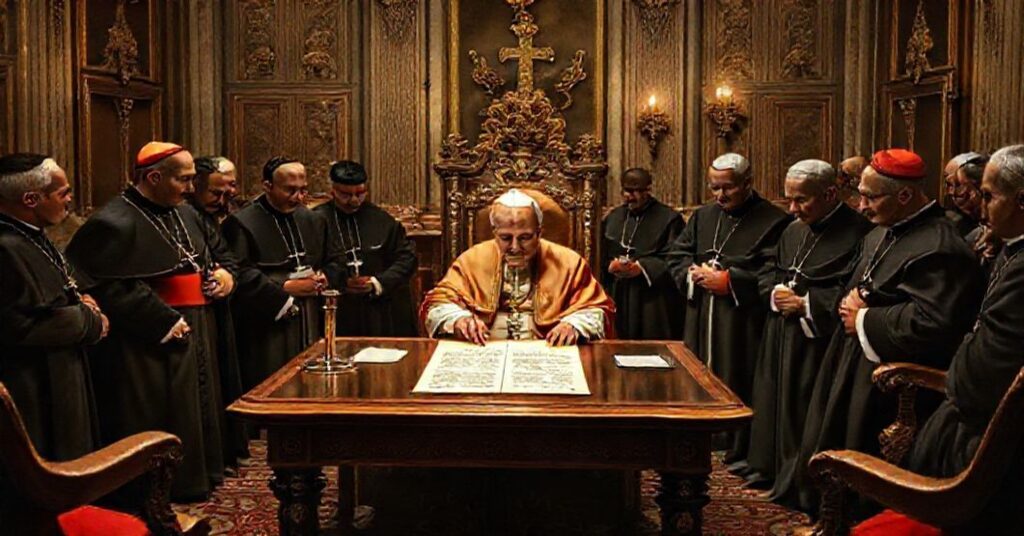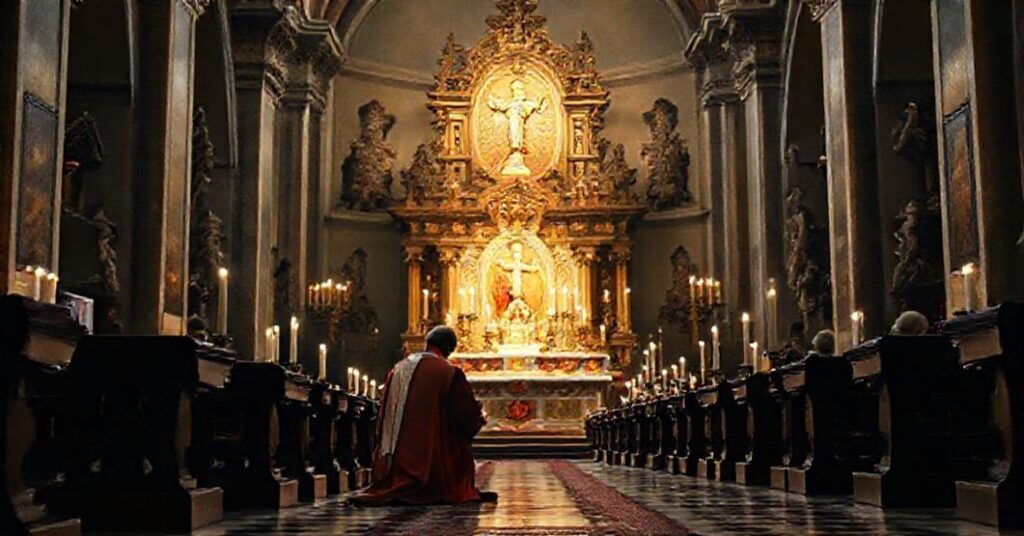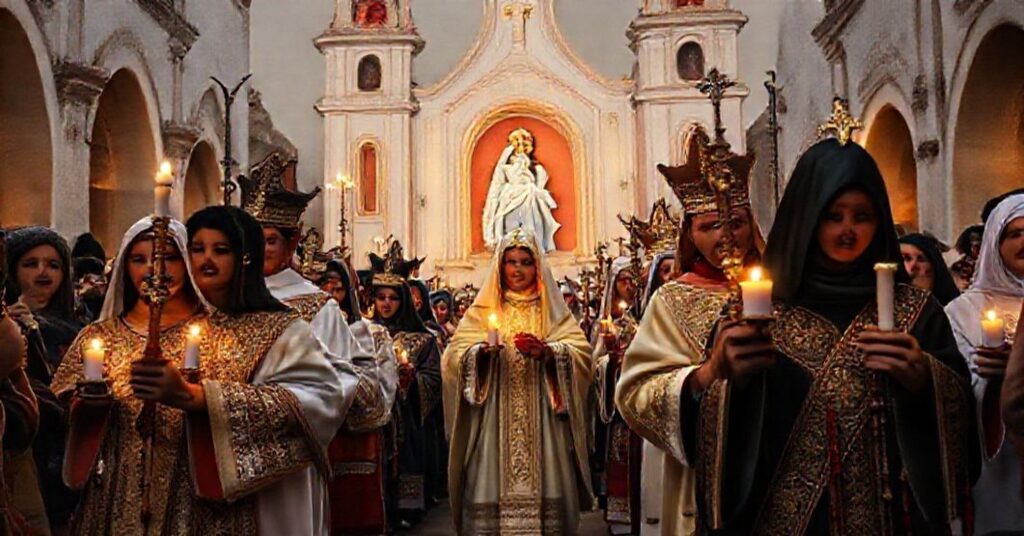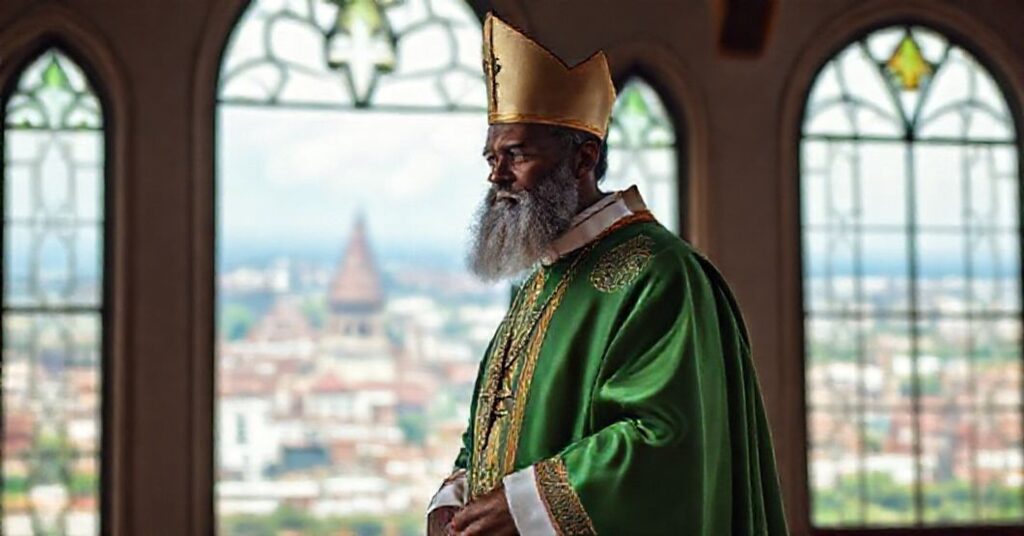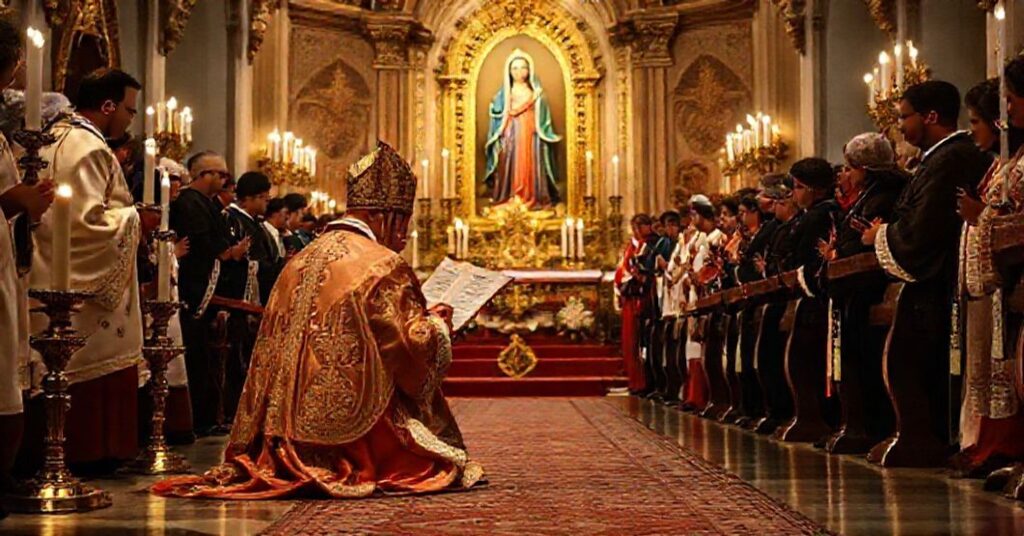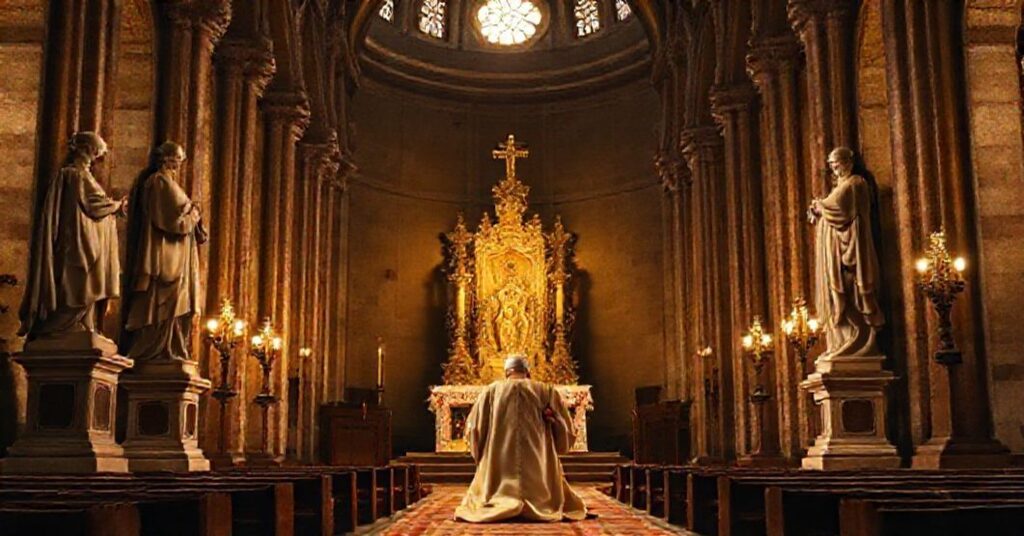The document “Superno Dei” of John XXIII, issued as a motu proprio on 5 June 1960, announces that, “by the disposition of God,” the idea of convoking an ecumenical council (Vatican II) arose shortly after his election; it recounts the preliminary work already done, praises the enthusiastic responses from bishops and universities, and then juridically erects a system of preparatory commissions and secretariats (theological, liturgical, episcopal governance, clergy and laity, Eastern churches, missions, etc.), together with a Central Commission, in order to prepare the themes, texts, and procedural norms for the forthcoming council, whose aim is presented as promoting the growth of the Catholic faith, moral renewal, adaptation of discipline to “the needs of our times,” and the attraction of those separated from Rome through a “spectacle of truth, unity and charity.” In reality, this motu proprio is the self-revelation of a programmatic revolution: an institutionalization of aggiornamento that subordinates immutable doctrine and discipline to the categories of modern man, dialogue, and ecumenical sentiment, thereby formally inaugurating the machinery of the conciliar apostasy.


